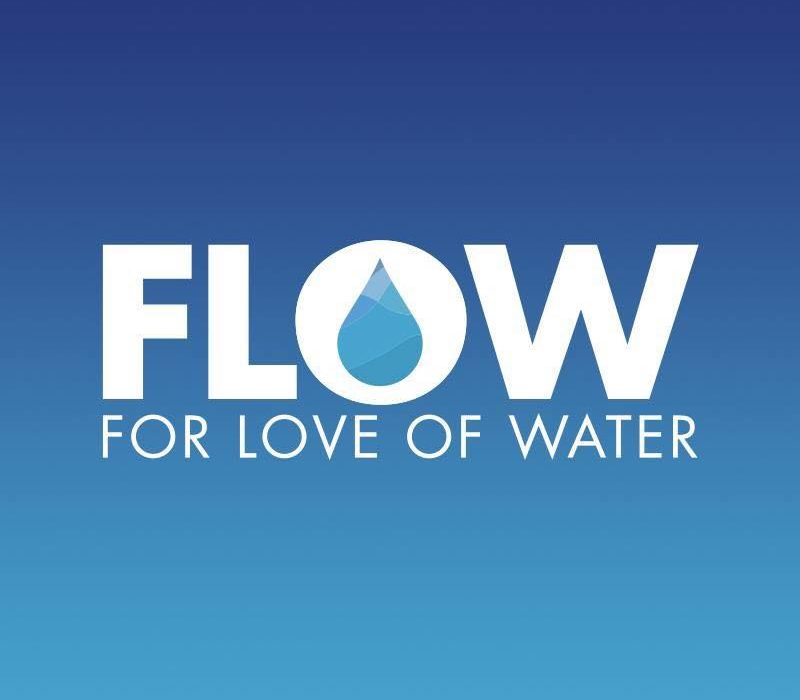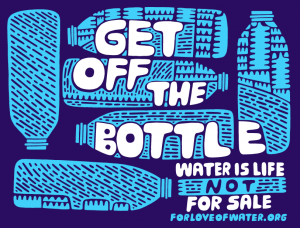
FLOW For The Love Of Water – Speaker Series
Water is a natural resource that evokes an emotional almost visceral feeling in many people, especially those of us lucky enough to live so closely to the Great Lakes. Water is life, beauty, bounty, and livelihood.
Today, as the second part of our Environmental Speaker Series, we will host representatives from FLOW |For The Love of Water, a public trust policy and education center based in Traverse City, MI.
Liz Rosan Kirkwood, Executive Director and Kaitlyn Bunting, Intern, will present to Leelanau students and will allow for interesting and engaging conversation where students will learn about Great Lakes issues, threats, and opportunities to take action and will understand what is truly at stake. Liz and Kaitlyn will also show how humor can be used to illustrate environmental, economic, and social problems with privatizing water through video and FLOWs new campaign, Get Off The Bottle.
Students will have the opportunity to break into small groups to come up with a bottled water pledge, similar to Get Off the Bottle, including one actionable community item such as talking to a local business about getting rid of straws.
FLOW’s Mission: to protect the common waters of the Great Lakes Basin through public trust solutions. As the Great Lakes Basin’s only public trust policy and education center, we demonstrate how policies like the public trust and commons can provide an overarching policy framework that empowers decision-makers to safeguard 20 percent of the world’s fresh water. FLOW’s groundbreaking policy work demonstrates how the public trust empowers decision-makers to protect these majestic waters by equitably balancing competing users, buttressing the federal government’s billion-dollar Great Lakes Restoration Initiative (GLRI) investment, and heralding the lakes as a living dynamic ecosystem. FLOW develops policy programs and educates high-level decision-makers, city and community leaders, and citizens to adopt and incorporate public trust ideas into decisions affecting water, energy, food, and climate change in the Great Lakes.
Trackback from your site.
